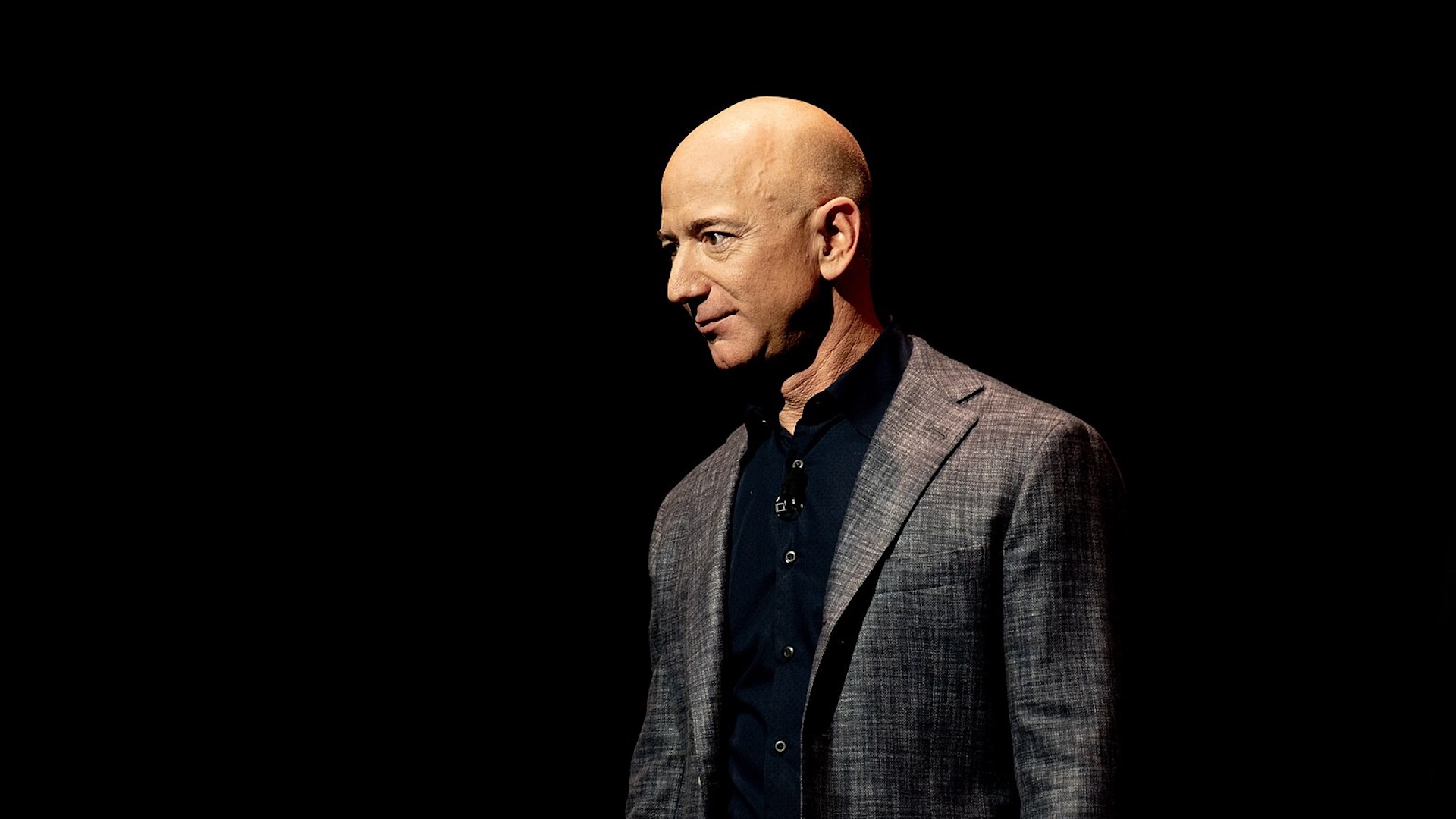We live in a time of multiple emergencies – climate, democracy, peace and security. There is also a silent crisis that erodes the economy and social trust: inequality. Not only income inequality, but above all wealth inequality, which concentrates power and opportunities in the hands of a few and reproduces injustices from generation to generation.
A report released by the Special Committee of Independent Experts on Global Inequality, created by the South African presidency of the G20 and led by Nobel Prize winner Joseph Stiglitz, warns of this profound emergency of inequality. Just as the world has needed permanent scientific panels to deal with climate change, it is time to create an international panel to monitor and address inequalities.
The figures are alarming. Since 2000, the richest 1% of the world’s population has taken 41% of all new wealth generated, while the poorest half of the world has received only 1%. On average, each billionaire has gained $1.3 million during this period, while someone in the poorest half has accumulated about $585.
Read more:
- Oxford university lecturers are turning to food banks. The scandal is that it’s no longer shocking
- The stereotype is that homelessness comes from bad choices – but it could happen to anyone
- This metal song perfectly sums up the anger felt by disabled people towards the benefits system
This disparity is not only a moral challenge: it has profound economic, social, environmental and political consequences. Unequal societies tend to be less productive, less innovative and more vulnerable to crises. Extreme inequality erodes democracy, as economic power translates into political influence, privileged access to justice and control over information, including over digital networks.
It also makes people’s lives more fragile, generating a perception of injustice that fuels frustration and resentment; this weakens social and political cohesion and erodes citizens’ trust in authorities and institutions. Furthermore, inequality deepens the climate and ecological crisis, as more unequal societies tend to emit more carbon per capita, exploit natural resources in a more predatory fashion, and have less capacity to implement effective environmental policies.









